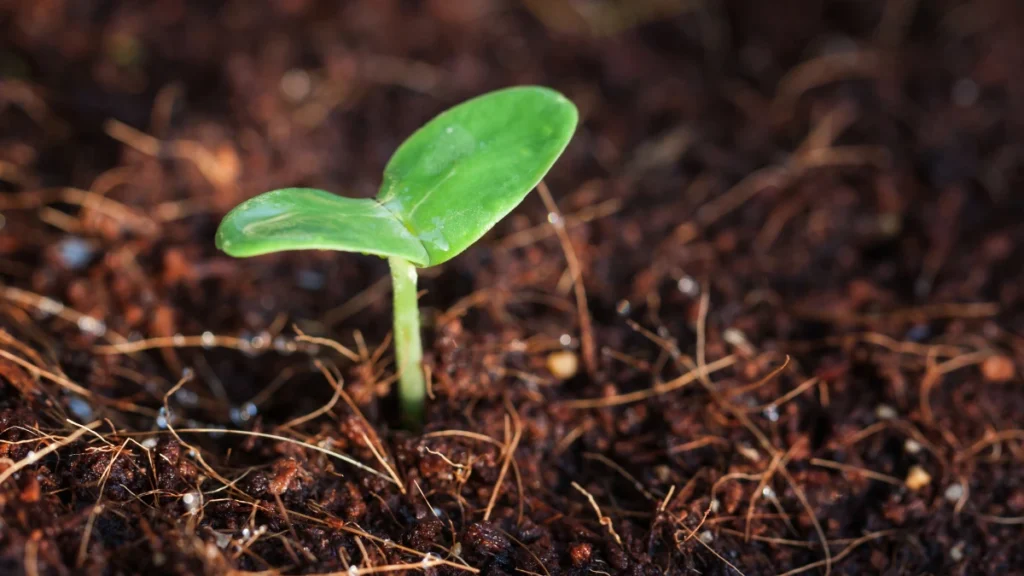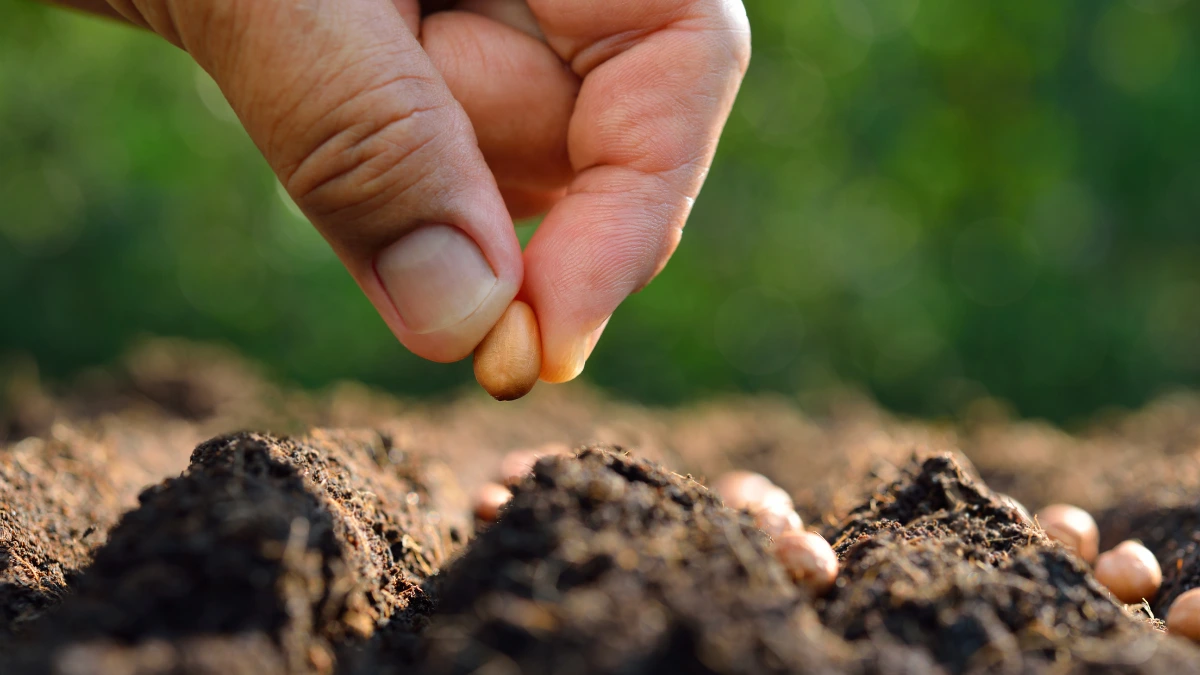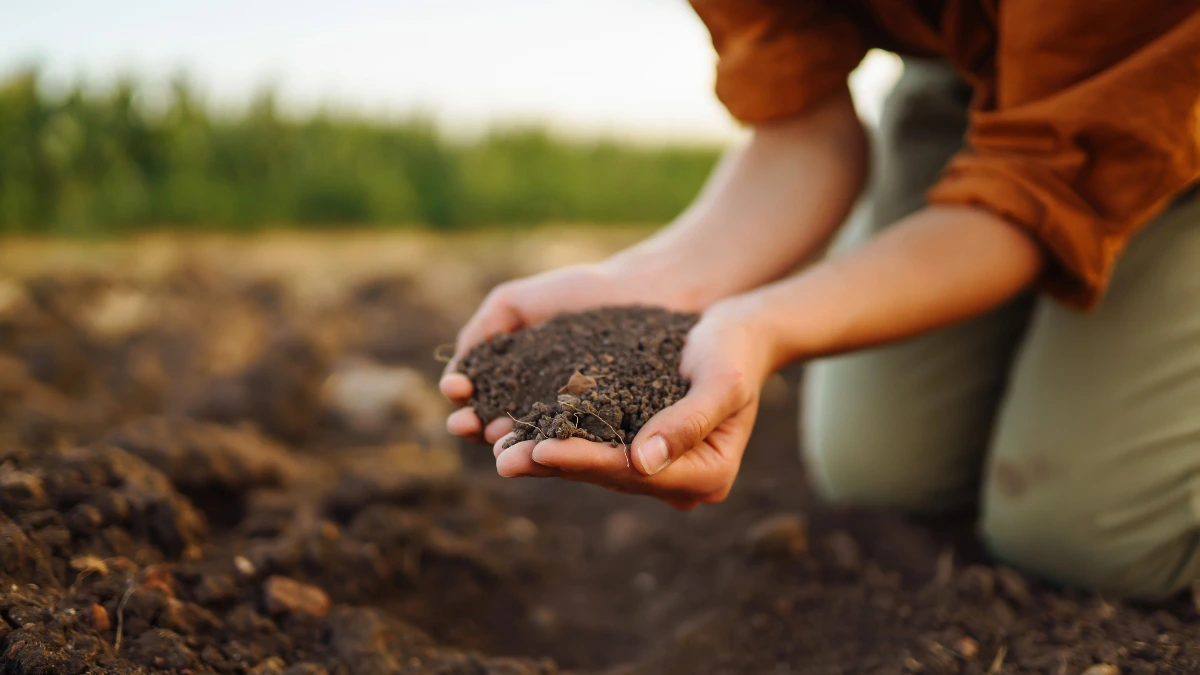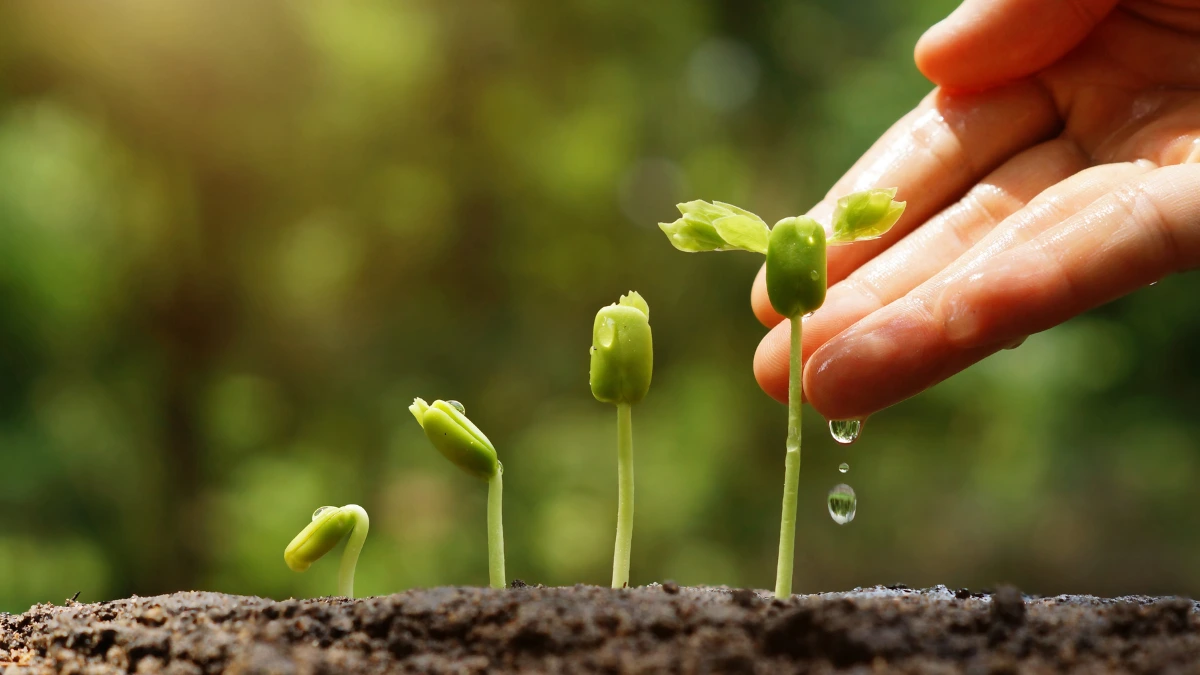Agriculture and the soil microbiome: new scientific perspectives
In recent years the soil microbiome has become a central theme in agricultural research. This is not just a trend, but a revolution in the way we understand fertility, health and resilience of agricultural systems. With increasing pressures from climate change and the need to reduce the use of chemical fertilisersstudying and enhancing the soil microbiome is crucial for building a sustainable and productive agriculture. In this article, we look at the latest scientific perspectives, the role of microorganisms in plant physiology and how biotechnologies - such as those developed by MS Biotech - can translate this knowledge into practical solutions for the agricultural sector.
What is the soil microbiome
The soil microbiome is the collection of bacteria, fungi, actinomycetes, protozoa and other microorganisms living in close interaction with plant roots and soil mineral particles. This microbial community constantly evolves according to environmental conditions, the type of crop and the agricultural practices adopted.
The functions of the soil microbiome are fundamental:
-
Nutrient cyclemineralisation of organic matter and availability of nitrogen, phosphorus, potassium and trace elements.
-
Crop protectionSome species fight pathogens by producing natural antimicrobial substances.
-
Environmental resilienceA soil with high microbial biodiversity is more resistant to drought, salt stress and pollution.
-
Plant growth stimulationGrowth-promoting bacteria (PGPR) and mycorrhizal fungi increase nutrient uptake and promote phytohormone production.
New frontiers in microbiome research
Modern DNA sequencing techniques and metagenomics have revolutionised the study of microbial communities. It is now possible to analyse entire ecosystems and the networks of interactions that regulate soil health.
The main emerging perspectives include:
-
Customised microbiome for specific cultures.
-
Microbial precision agriculture with targeted inoculations.
-
Microbial engineering to improve phosphorus solubilisation and stress resistance.
-
Use of bio-indicators to assess soil quality beyond traditional chemical parameters.
Microbiome and resilience to climate change
The most recent research shows that the microbiome can improving crop resilience at abiotic stresses. Some examples:
-
Bacteria that produce exopolysaccharides, capable of increasing water retention in dry conditions.
-
Mycorrhizal fungi that reduce the toxic effects of sodium in saline soils.
-
Thermotolerant microorganisms that promote stress protein synthesis at extreme temperatures.
These interactions open up new opportunities to reduce irrigation and fertilisation, improving the sustainability of agricultural production.
Biotechnology to enhance the microbiome
Translating scientific research into field-applicable solutions is the main challenge. Biotechnology plays a crucial role, acting as a bridge between laboratory and agriculture.
MS Biotech, thanks to its own research and development activities, produces microbial inoculum and biostimulant products capable of exploiting the potential of the soil microbiome. Some application examples are:
-
Mycorrhizal fungi to increase root surface area and phosphorus uptake.
-
Growth-promoting bacteria (PGPR) that stimulate vegetative growth by producing natural auxins.
-
Complex microbial consortia to enhance resilience and restore biodiversity in depleted soils.
Investing in the microbiome means ensuring stable and sustainable yields while reducing costs and the use of chemicals.
Soil microbiome and food safety
A soil rich in beneficial microorganisms not only supports agricultural productivity, but also reduces the presence of pathogens harmful to crops. It also contributes to improving the nutritional quality of food with a higher content of antioxidants, vitamins and minerals.
This link between soil health, plants and humans is an integral part of the concept of One Healthlinking agricultural sustainability and collective wellbeing.
Future perspectives of the microbiome
The future of sustainable agriculture will see the soil microbiome increasingly integrated into regenerative and circular practices. Some directions of development include:
-
Integration of digital agriculture and microbiological data to manage soil fertility in real time.
-
Carbon credit markets based on the ability of soils to sequester CO₂.
-
New European regulations encouraging bio-fertilisers and sustainable inputs.
For farms, this means reducing their environmental impact and at the same time accessing new market opportunities.
MS Biotech and the mission for sustainable agriculture
MS Biotech is committed to developing solutions based on microorganisms and scientific research to support farms in the transition to more sustainable models. Thanks to the laboratory workto collaborations with research organisations and field experimentationthe company promotes an agriculture less dependent on chemicals, more resilient to climate change and oriented towards sustainability.



